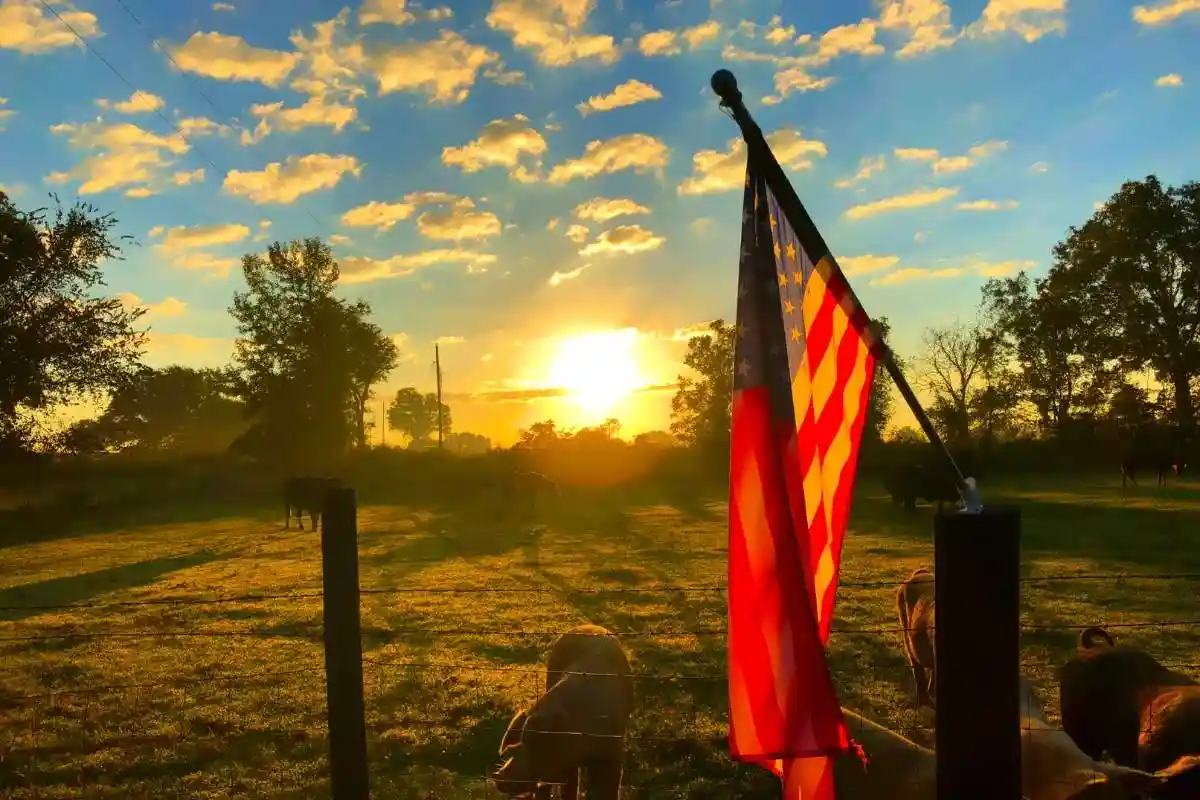
Climate change is an important part of America’s story. The country has always wanted to protect nature, but it also values progress and industry. This has created a constant back-and-forth between using natural resources and saving them. The way America deals with these choices affects not just the United States but the entire world, since it is one of the largest polluters and has a lot of influence. Knowing why America acts, or doesn’t act, on climate change helps us understand why change can be slow or difficult.
In this lesson, you’ll learn about:
By the end, you should be able to:
Pay close attention to the video, focusing on significant historical moments, influential figures, and pivotal events. Reflect on how themes like freedom, independence, and innovation both drive and challenge climate action in the U.S. Consider how past and present debates on climate change connect to the world around you today. After the course, you'll take a brief quiz. Pay attention to key names, events, policies, and their connections to one another to ensure you're prepared.
Click the button to take the quiz and get your credit.